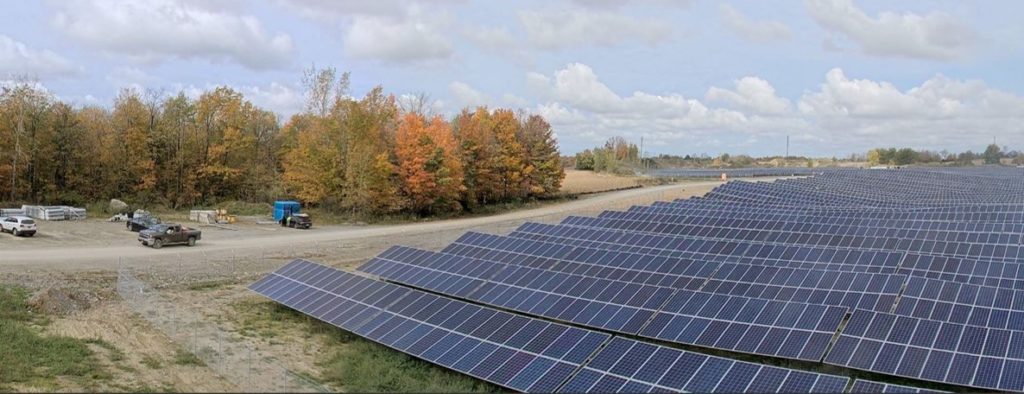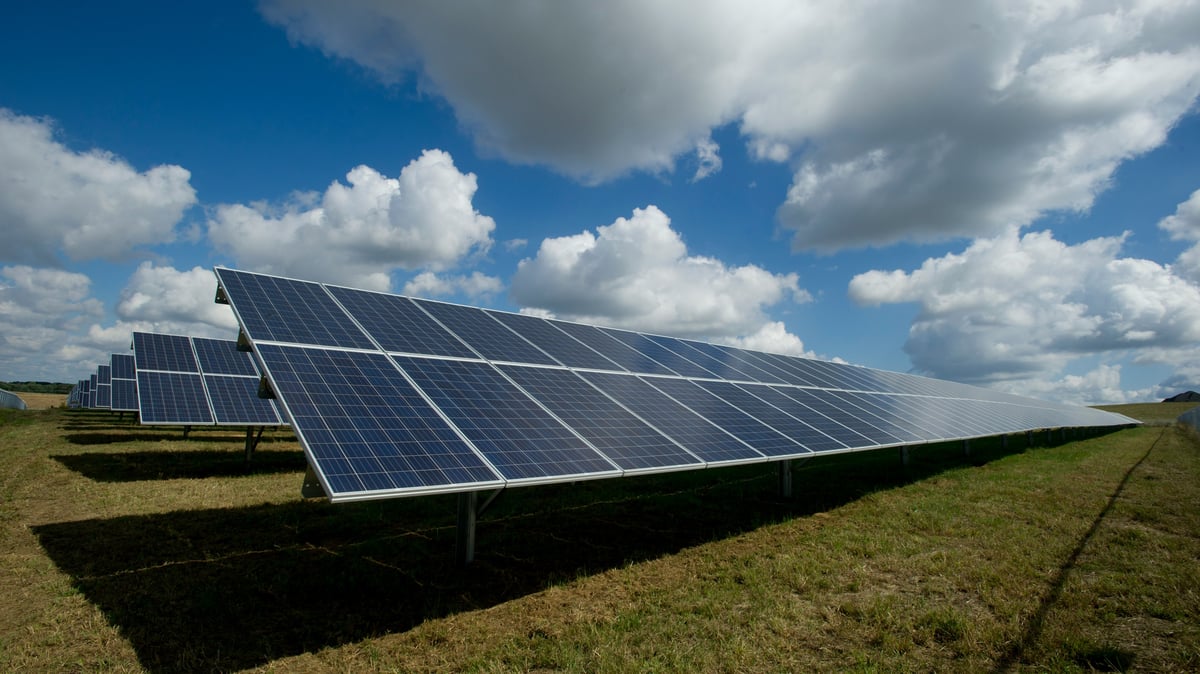Divergence from Pledges
A recent study in the journal Environmental Research reveals that 200 US cities are poised to miss their 2050 sustainable energy targets. Despite commitments to transition entirely to renewable energy, current infrastructure plans and projections indicate a significant shortfall.
Dominance of Gas Energy
The study emphasizes that gas will persist as the primary energy source in the US by 2050. Challenges arise as the existing infrastructure struggles to deliver the required energy output from renewable sources. Projections suggest a threefold increase in renewable energy generation is necessary to achieve a 45% share of energy production.
Renewable Energy as a Complementary Source
Contrary to transition plans, renewable energy is often used as a supplementary source to meet growing energy demands rather than replacing fossil fuels. The study challenges the assumption that pledges automatically translate to effective implementation, shedding light on the complexities involved.
Insights from an Energyshed Framework
Utilizing an energyshed framework, the study examines a diverse range of US cities, including Boston, Washington D.C., Salt Lake City, Columbia, and San Diego. The analysis indicates that these cities committed to full renewable adoption are expected to achieve only 10% of their targets over the next three decades.
Dr. Kayla Garrett, the study’s author and Postdoctoral Fellow in Environmental Science at Baylor University, emphasizes the challenges in navigating conflicting sustainability goals. The study calls for cooperative efforts among neighboring communities to address funding, land acquisition, infrastructure, and storage challenges for renewable energy.
Overcoming ‘Analysis Paralysis’
The study identifies ‘analysis paralysis’ as a major hindrance to decisive action in reducing greenhouse gas emissions. By fostering cooperation and dialogue between market-oriented approaches and sociopolitical strategies, the study aims to pave the way for effective renewable energy transitions.
Source:miragenews.com





